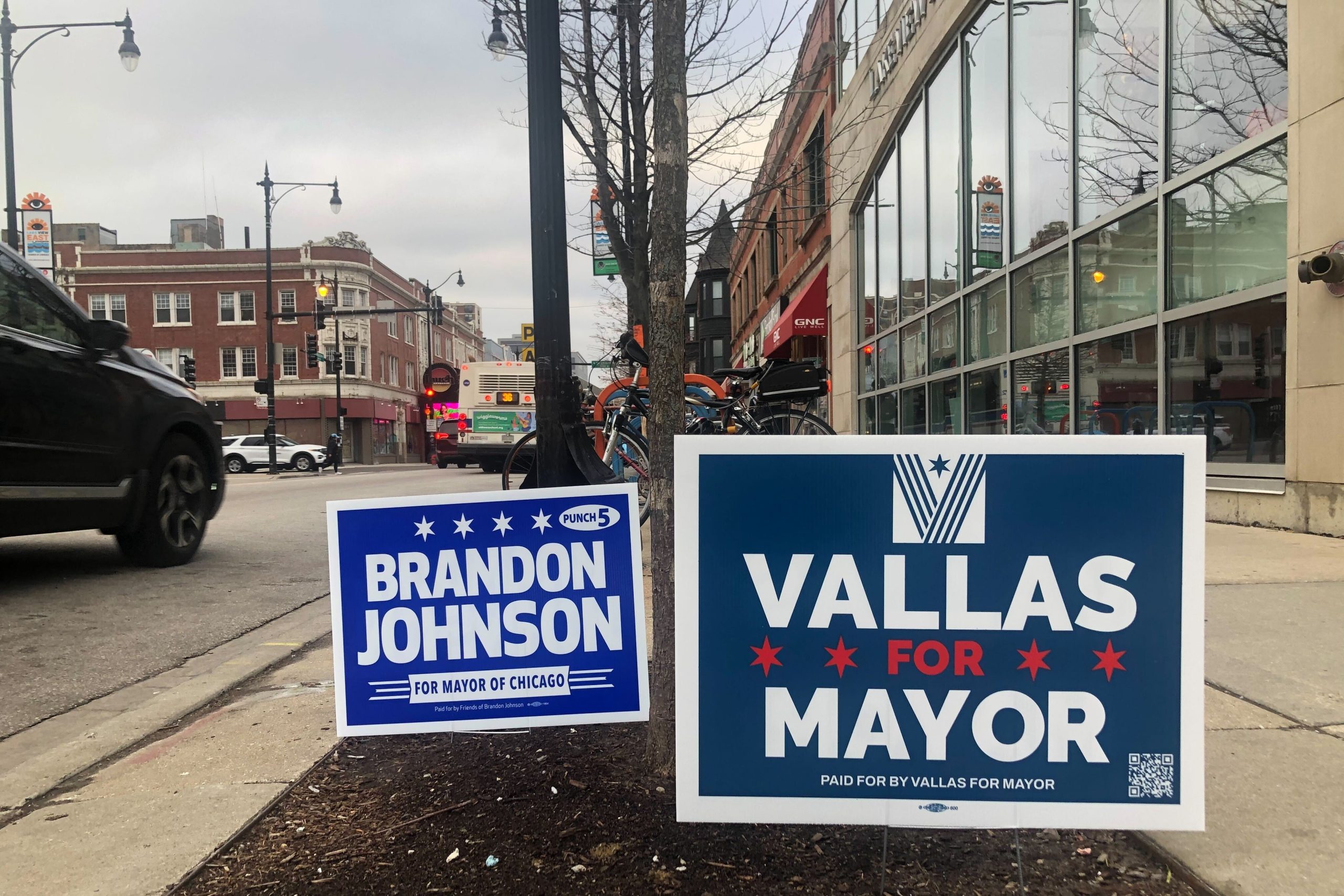Political education is vital for nurturing an informed and engaged citizenry, essential for effective governance in democratic societies. It equips individuals with knowledge about their rights and responsibilities, enabling them to participate meaningfully in civic activities like voting and community discussions. This education also enhances critical thinking, helping citizens discern fact from misinformation while promoting accountability from leaders. Furthermore, it fosters social justice awareness, empathy, and tolerance among diverse groups, ultimately preparing future generations for active engagement in democracy. By prioritizing political education, societies strengthen democratic values and empower individuals to advocate for positive change and equitable practices.
1. Informed Citizenry
In today’s democratic societies, an informed citizenry is fundamental to the functioning of governance. Political education equips individuals with the necessary knowledge about their rights, responsibilities, and the workings of their government. When citizens understand how political processes function—from local governance to national policy—they become better equipped to engage in civic activities such as voting, lobbying, and participating in community discussions. This empowerment fosters a society that values thoughtful discourse over blind allegiance, leading to more informed electoral choices and stronger democratic processes.
2. Critical Thinking Skills
Political education encourages individuals to think critically about the information presented to them. With the rise of misinformation and polarized media, it is crucial for citizens to discern fact from fiction. Through political education, individuals learn how to analyze arguments, evaluate sources, and recognize biases in media reporting. This critical approach not only aids in comprehending complex political issues but also fosters an overall environment of skepticism that demands accountability from leaders and institutions.
3. Civic Engagement
Participating in civic life is a cornerstone of democracy, and political education serves to galvanize community involvement. Understanding the political landscape—including local issues, governmental structures, and advocacy opportunities—can inspire citizens to become active participants in their communities. Activities such as attending town hall meetings, joining advocacy groups, or volunteering for political campaigns stem from a foundation of political knowledge. This engagement enhances social capital and fosters a sense of belonging among community members.
4. Social Justice Awareness
Political education also plays a crucial role in raising awareness about social justice issues. Many systemic problems—such as inequality, discrimination, and environmental degradation—have roots in political systems and policies. A well-informed populace is better positioned to challenge these injustices and advocate for meaningful change. Political education provides the tools to understand the historical context of these issues and empowers individuals to pursue social justice initiatives, thus contributing to a more equitable society.
5. Understanding Global Issues
In an increasingly interconnected world, local events can have far-reaching global implications. Political education helps individuals understand how global issues—such as climate change, human rights, and international trade—are influenced by political decisions made both domestically and internationally. This understanding is essential for fostering global citizenship and encouraging active participation in important global dialogues. Engaged citizens are more likely to support policies and initiatives that promote international cooperation and understanding, which are critical for addressing pressing global challenges.
6. Development of Empathy
Political education can also foster empathy by exposing individuals to diverse perspectives and experiences. Understanding the political and social contexts that shape different communities encourages individuals to appreciate the struggles and triumphs of others. This emotional connection is pivotal in building a more inclusive society where compassion and understanding are paramount. Empathy plays a vital role in civil discourse, allowing individuals to engage in dialogue with those who hold differing views peacefully and productively.
7. Accountability of Leaders
A politically educated citizenry is essential for holding leaders accountable. When individuals are knowledgeable about political systems and the metrics of government performance, they can scrutinize the actions of elected officials and demand accountability. This vigilance mitigates the potential for corruption, abuse of power, and mismanagement of resources, which can hinder societal progress. Through active participation and oversight, citizens can ensure that their government acts in their best interest, ultimately leading to more effective leadership.
8. Enhancing Economic Literacy
Political decisions have a significant impact on the economy. Understanding political economics—such as taxation, public spending, and regulatory frameworks—enables individuals to make informed personal and collective financial decisions. Political education empowers citizens to advocate for policies that promote economic growth and equity, thus creating a more sustainable financial future. Economic literacy is vital for navigating personal finances and contributing to broader discussions about fiscal responsibility and economic justice.
9. Promotion of Tolerance and Respect
Political education promotes tolerance and respect among individuals with diverse beliefs and backgrounds. Learning about various political ideologies, systems, and cultures cultivates an environment where differences can be discussed openly and respectfully. This understanding helps to dispel stereotypes and combat prejudice, leading to a more cohesive society where individuals can coexist despite differing political views. Fostering a culture of tolerance is crucial in today’s polarized political climate.
10. Preparing Future Generations
Finally, investing in political education is essential for preparing future generations to navigate the complexities of a dynamic political landscape. It is incumbent upon current generations to ensure that the youth are equipped with the knowledge and skills necessary to become active participants in democracy. By integrating political education into the curriculum, schools can encourage young people to develop their voices and become future leaders, advocates, and informed citizens. The resilience of democracy depends on continuous learning, engagement, and renewal, making political education a pivotal legacy to pass on to the next generation.
In conclusion, political education is not just a matter of curriculum; it is a societal imperative that strengthens democracy and cultivates informed, engaged, and empathetic citizens. By prioritizing political education today, we can ensure a brighter tomorrow where individuals are empowered, voices are heard, and the principles of democracy thrive.
